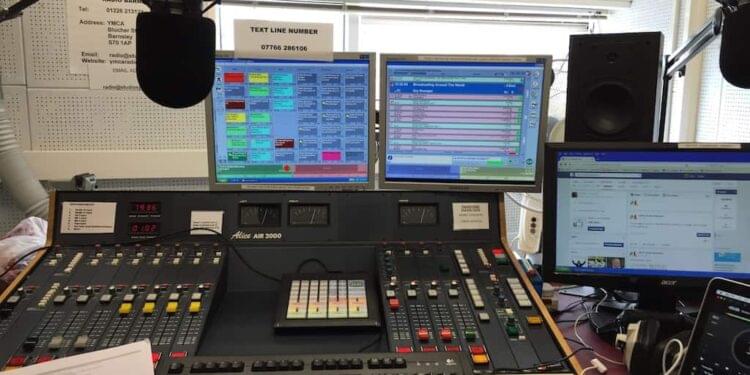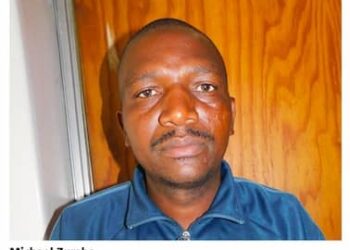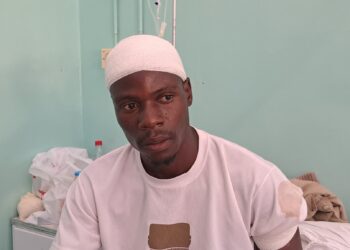Today Zimbabwe joins the rest of the universe mark World Radio Day amid suffocated media space, repression and attacks on journalists.
The radio came into existence commercially in the early 1920s. Radio stations came into existence almost three decades later and the radio and broadcasting system became a common commodity around the world by the 1950s.
Almost 60 years later, in 2011, Member States of the United Nations Educational, Scientific and Cultural Organization (UNESCO), proclaimed February 13 as being World Radio Day.
It was adopted by the United Nations General Assembly in 2013 as an International event.
According to UNESCO radio has crossed the 100-year milestone hence, it is a significant occasion to commemorate the medium’s extensive virtues and continuing potency as it faces challenges to its audience and revenue numbers from digital platforms, social media, digital and generational divides, censorship, consolidations and economic hardships.
Apparently, in Zimbabwe the day comes at the time the airwaves is closed, particularly for private media houses.
Zimbabwe has a tainted media history under the late former President Robert Mugabe with examples of state orchestrated repression, draconian legislation, harassment of journalists and violation of their work premises.
Apparently, the post-November 2017 coup period is a critical reference point to understand the political economy of alternative media under the so-called ‘New Dispensation’ of President Emmerson Dambudzo Mnangagwa with its promises of prodemocracy reforms.
Despite the promises, the ‘New Dispensation’ has instead led to the entrenchment of a new dictatorship by the military junta.
Undue political interference, a fragile economy and state orchestrated repression continue to constrain the democratic functions of alternative media.
President Mnangagwa’s administration stands accused of dishing out radio licenses to government or ruling party linked individuals and institutions.
The Broadcasting Authority of Zimbabwe board on 5 March 2020 was grilled by the Parliamentary Portfolio Committee on Information, Media and Broadcasting Services following government’s intention to license Zimbabwe’s first-ever community radio stations.
The Committee led by Prince Dubeko Sibanda was seeking clarity on the criteria used to identify the geographical areas that will see the licensing of 10 respective community radio stations as well as the attendant high licensing fees.
Media monitors, Media Institute for Southern Africa Zimbabwean chapter (MISA Zimbabwe) maintained that the process used to identify the 10 areas earmarked for the community radio stations was not transparent and had disadvantages to other prospective players.
Source Zwnews










